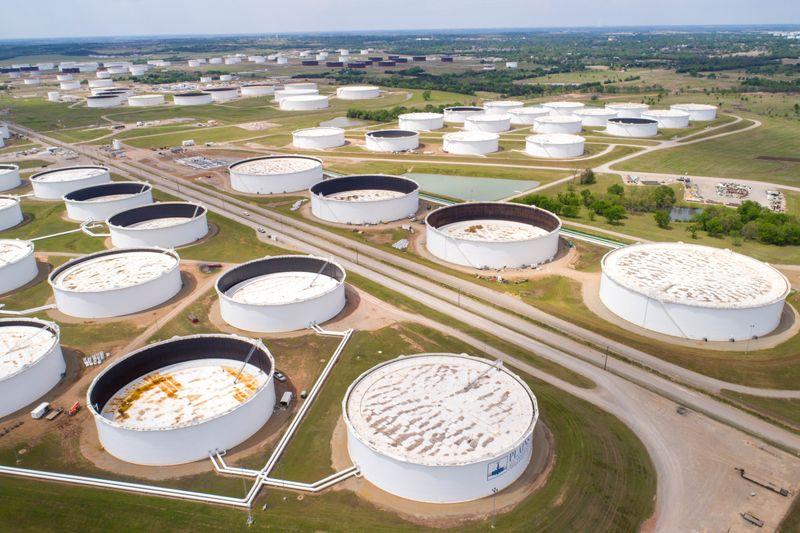Oil slipped from seven-month highs on Thursday as signs of growing supplies helped to halt a rally driven by optimism that vaccines will revive fuel demand.
Brent futures had risen to nearly $50 a barrel this week after three major pharmaceutical companies announced progress on vaccines that could start to be rolled out before the year-end.
But Brent was down 75 cents at $47.86 a barrel by 0918 GMT, after earlier falling by $1. The contract rose around 1.6% in the previous session.
West Texas Intermediate crude fell 72 cents to $44.99 a barrel, after gaining 1.8% on Wednesday.
“Despite a number of strong fundamentals rallying the markets, especially vaccine development supporting oil, bearish concerns remains,” said Avtar Sandu, senior commodities manager at Phillip Futures.
Lockdowns as the pandemic worsens, the rising number of rigs employed in the United States, along with increased production from Libya, were risk factors for bulls, he said.
U.S. oil stockpiles fell 754,000 barrels last week, data showed. Analysts in a Reuters poll had predicted a 127,000-barrel rise. Stockpiles at the Cushing, Oklahoma, delivery point for WTI, fell by 1.7 million barrels. [EIA/S]
But gasoline demand for the week fell by 128,000 barrels per day (bpd) to 8.13 million bpd, the lowest since June.
U.S. President-elect Joe Biden has urged people to forgo big family gatherings, wear protective masks and maintain social distancing for the Thanksgiving holiday. But Americans are defying pleas from officials to stay at home.
The United States has recorded 2.3 million new infections in the last two weeks.
Investors are also awaiting next week’s OPEC meeting – the outcome of which will likely provide support or at least maintain the current balance.
The Organization of the Petroleum Exporting Countries and allies, including Russia, are leaning towards delaying next year’s planned increase in oil output to help the market weather the second wave of COVID-19 and rising Libyan output, three sources close to OPEC+ said.



























